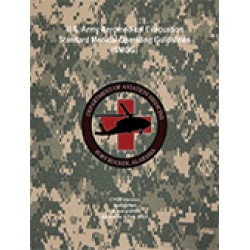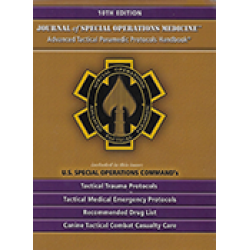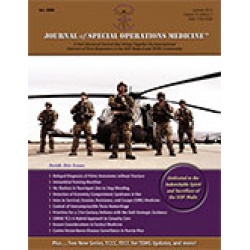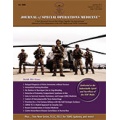Dengue Infections
Burnett MW 13(2). 64 - 68 (Journal Article)
Background: Dengue fever is one of the most common mosquito-borne viral illnesses in the world. It is usually transmitted to humans through the bite of an infected Aedes aegypti or Aedes albopictus mosquito. Dengue infections are caused by four antigenically distinct but closely related viruses (DEN 1-4). Infection with any one of the viruses is thought to provide lifetime immunity to future infections from the same virus but only short-term cross-immunity to the other types, leading to the possibility of secondary infections. Dengue hemorrhagic fever/dengue shock syndrome (DHF/DSS), more severe types of dengue infections, sometimes result when an individual is subsequently infected with a second virus serotype during their lifetime. The most commonly accepted theory for the development of these more severe dengue infections is that of antibody-dependent enhancement, although other factors likely play a role. Infections complicated by DHF/DSS in areas where dengue is endemic are most often seen in the later half of the first year of life, when waning maternal antibodies may enhance the development of a more severe infection, and in young school-age children experiencing secondary infections. Widespread infections are most commonly seen during the rainy season of endemic areas when the breeding habitat of the Aedes mosquito is most favorable.


 Español
Español 




